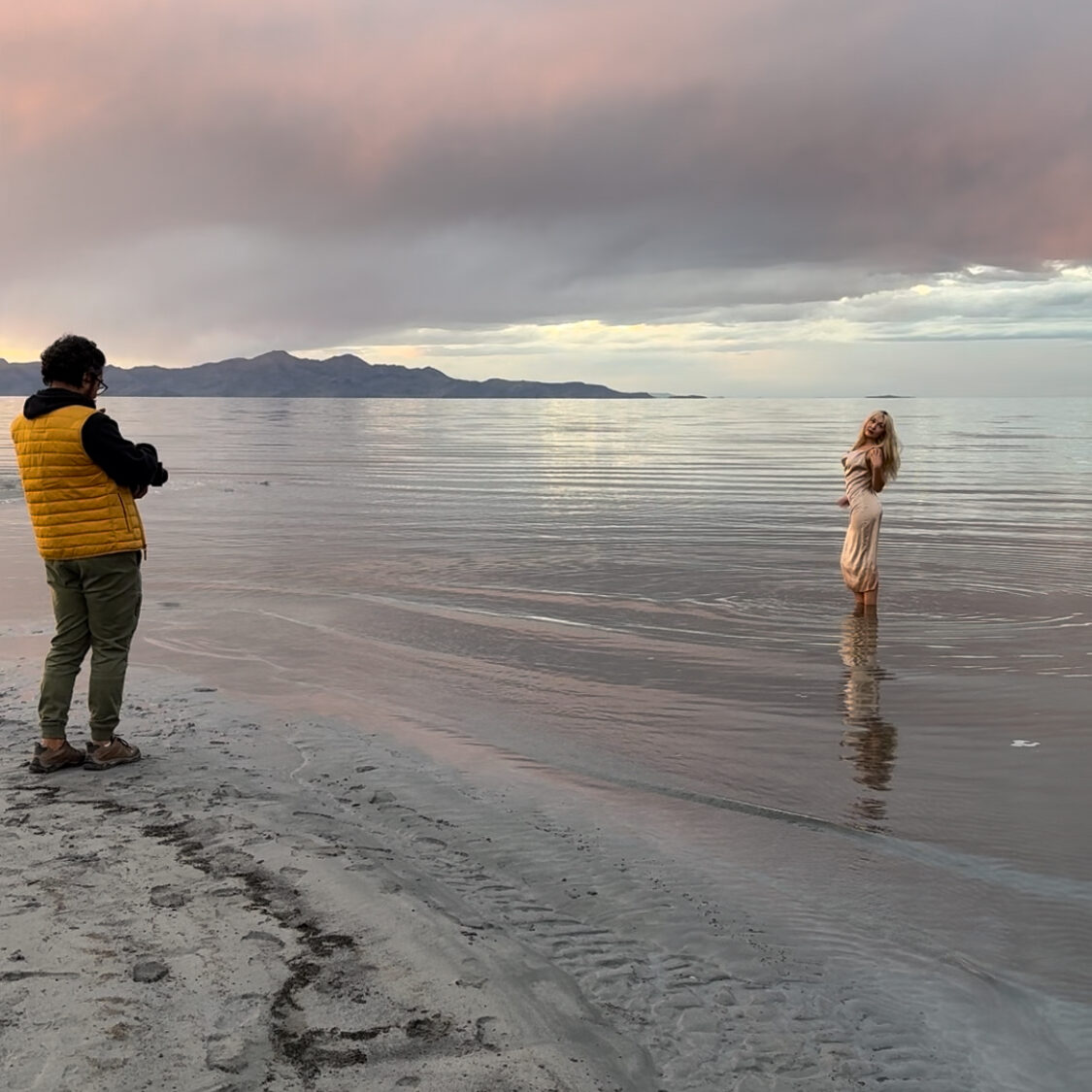
Social media has become a crucial tool in the modeling industry, with trends, influencing, and providing a platform for brands to reach their audience.
Model Industry Trends:
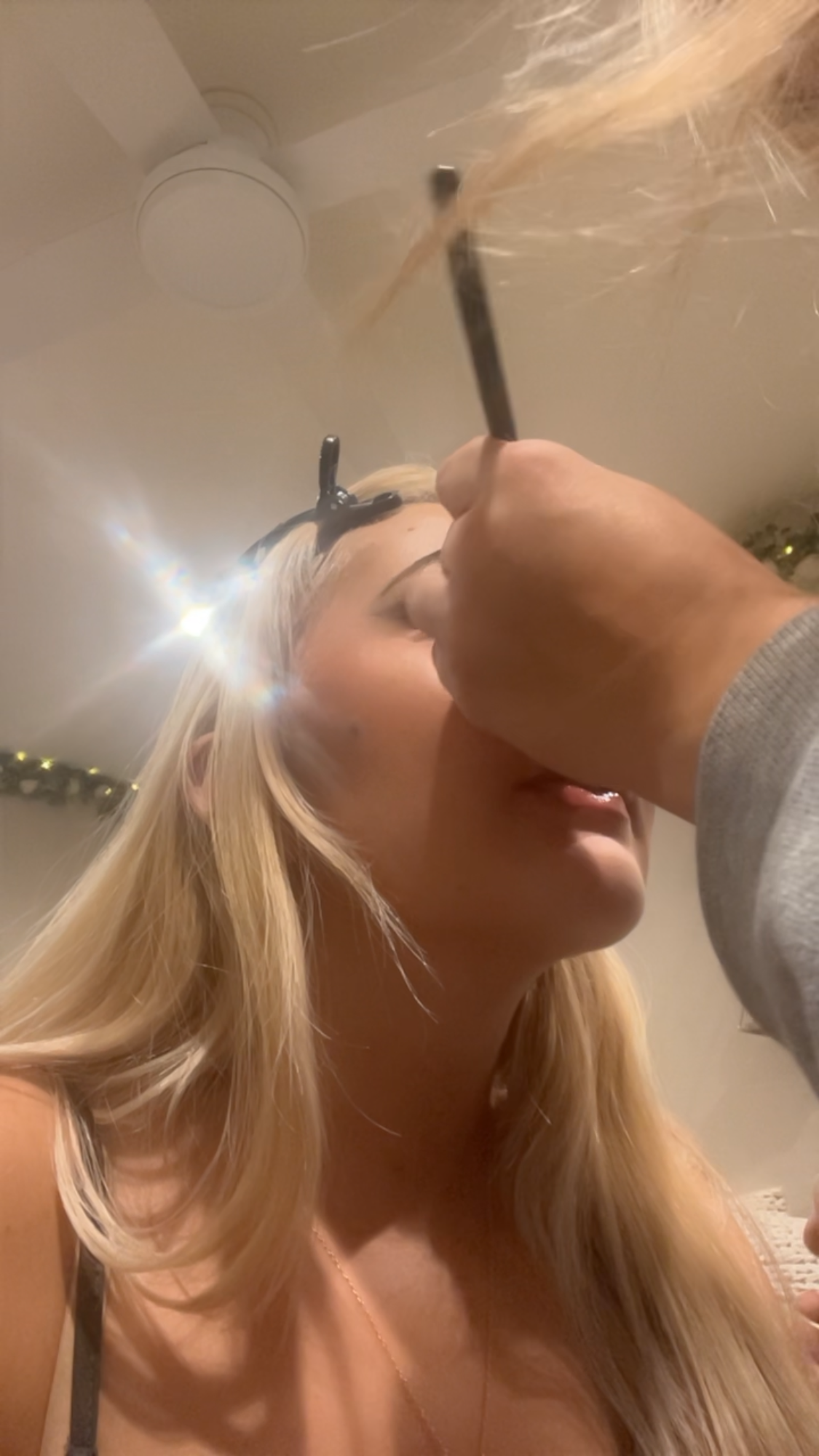
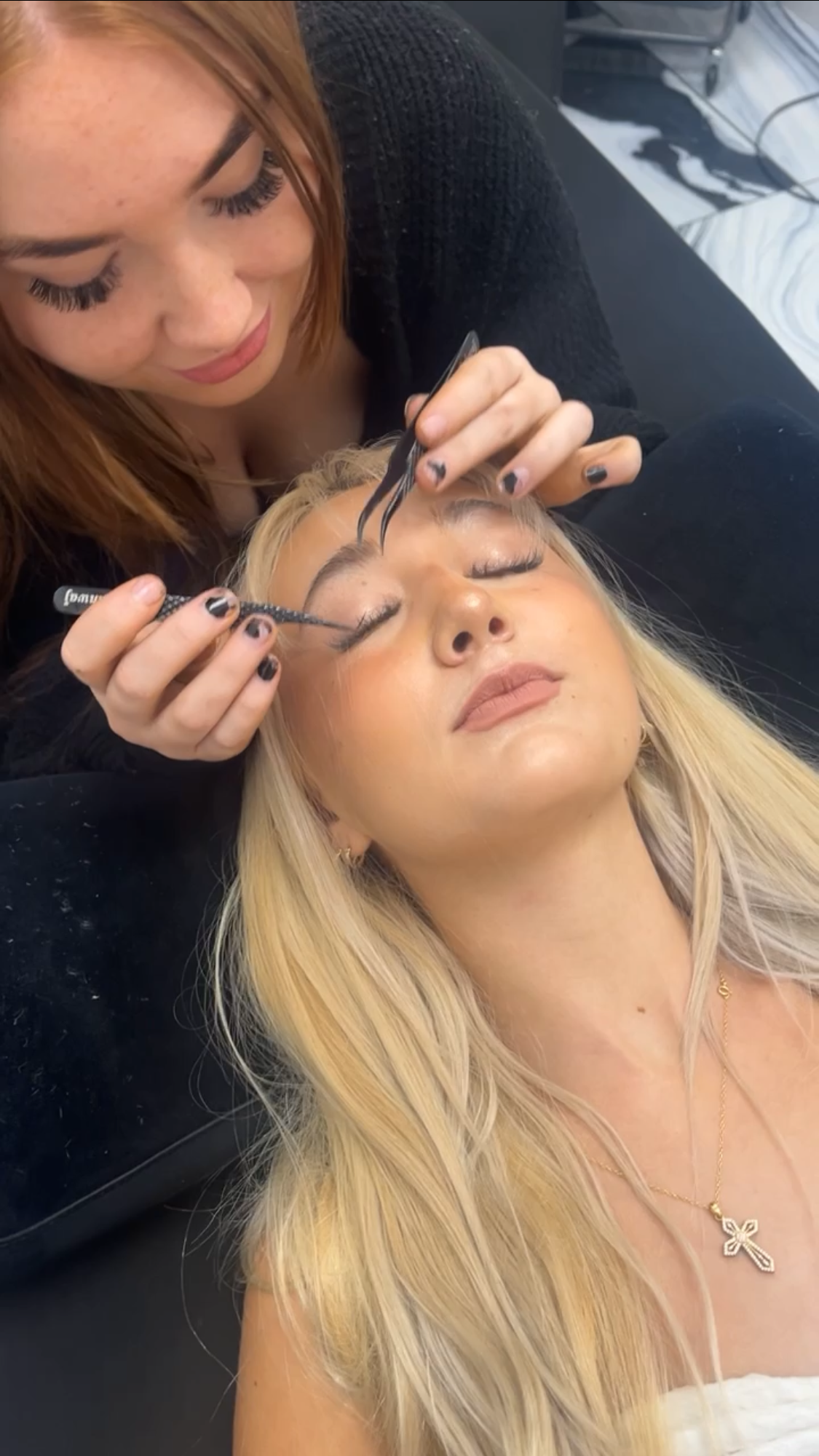
The model industry is rapidly changing as it adapts to new trends focused on personalization, inclusivity, and sustainability. One of the biggest shifts is the move toward personalized beauty products. Thanks to new technology, brands can now offer models that are tailored to individual skin tones, types, and preferences. This means people can find products that are a perfect match for them, whether it’s through AI tools for virtual try-ons or custom-made foundations. Alongside this, there’s a growing push for inclusivity. Brands are expanding their shade ranges and promoting diverse beauty standards, making sure more people see themselves represented in the products they use. Sustainability is also becoming a major focus. Consumers are increasingly concerned about the environment, and brands are responding by adopting eco-friendly practices. This includes using recyclable packaging, reducing waste, and choosing sustainable ingredients. The clean beauty trend, which emphasizes non-toxic and ethically sourced ingredients, reflects a broader interest in health and transparency. Social media plays a huge role in shaping beauty trends today. Platforms like TikTok and Instagram allow new beauty trends to spread quickly and help brands connect with their audience. These platforms have also given rise to new beauty influencers who drive trends and share their model tips with millions. Another important trend is the rise of gender-neutral beauty products. This shift is breaking down traditional gender norms and promoting a more inclusive view of beauty.
Social Media’s Impact on “beauty”
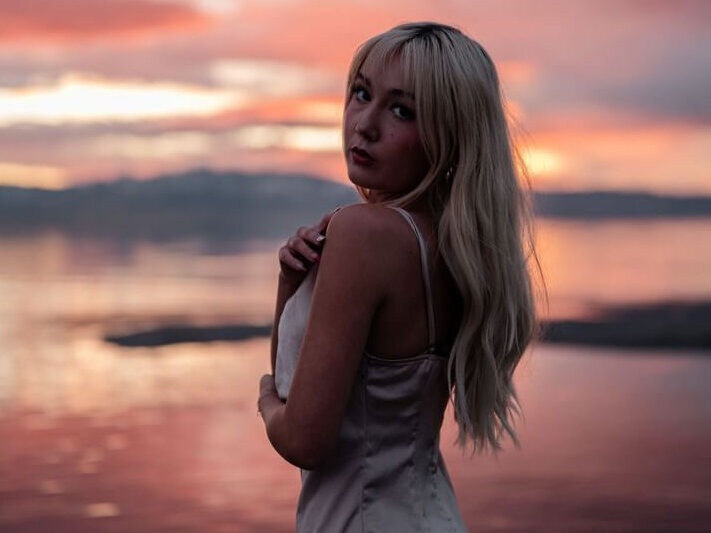
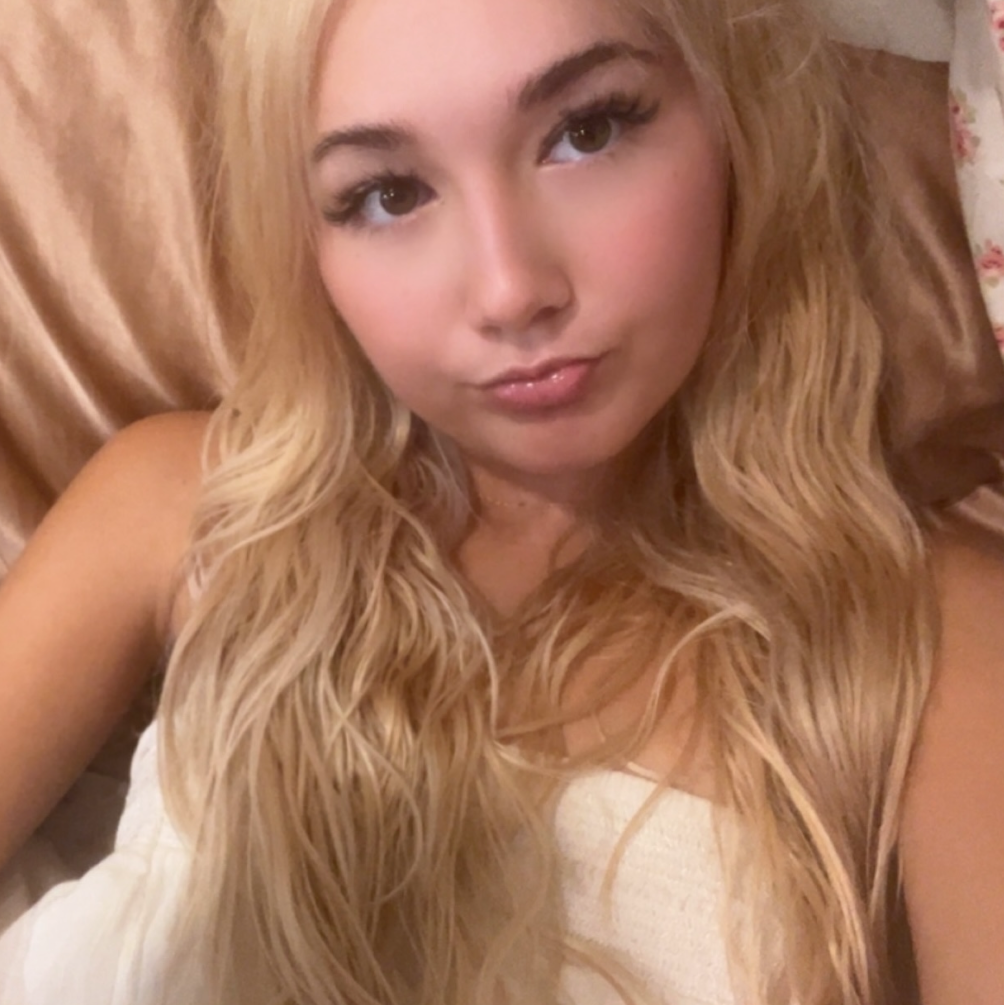
1. Redefining Beauty Standards
Platforms like Instagram, TikTok, and YouTube have reshaped how we view beauty standards, leading to a more inclusive, diverse, and self-affirming understanding of what beauty truly is. This shift has had a profound and positive impact on society, encouraging self-expression, broadening beauty ideals, and fostering a more accepting and supportive global community.
Historically, beauty standards have been narrow, often dictated by a limited range of media sources and influenced by specific cultural and societal norms. Social media has democratized beauty, allowing a multitude of voices and perspectives to challenge these traditional standards. Today, beauty is no longer defined by a single look or ideal but is recognized as a diverse and multifaceted concept.
Platforms like Instagram and TikTok have become spaces where people from all walks of life showcase their unique features, styles, and personal definitions of beauty. Influencers and everyday users alike share their experiences with modeling jobs, fashion, and self-care, celebrating traits that were once marginalized or overlooked. This shift towards a broader representation has helped to dismantle rigid beauty standards and promote the idea that beauty is subjective and personal.
2. Celebrating Diversity and Inclusion
One of the most significant positive impacts of social media on beauty is its role in celebrating diversity and inclusion. For years, mainstream media often featured a homogeneous representation of beauty, which excluded many people from seeing themselves reflected in popular culture. Social media has changed this dynamic by amplifying diverse voices and promoting a more inclusive range of beauty ideals.
Influencers and content creators from various ethnicities, body types, genders, and abilities are now visible on social media platforms, showcasing their beauty and personal stories. This increased representation helps to foster a sense of belonging and validation for individuals who may have previously felt marginalized. Additionally, brands are taking note and expanding their product lines to cater to a wider audience, reflecting the growing demand for inclusivity.
3. Encouraging Authentic Self-Expression
Social media has also empowered individuals to embrace and express their authentic selves. The rise of platforms that encourage self-expression—such as TikTok’s trend-driven videos or Instagram’s story features—has provided users with a space to experiment with different looks and share their true selves without fear of judgment.
This freedom to explore and share personal beauty experiences helps to build self-confidence and encourages others to embrace their own unique attributes. By seeing real, unfiltered portrayals of beauty, users are less likely to compare themselves to unrealistic or heavily edited images. Instead, they are inspired to celebrate their individuality and view beauty as a personal journey rather than a rigid standard.
4. Promoting Body Positivity and Self-Love
The body positivity movement has gained significant traction through social media, challenging harmful stereotypes and promoting self-love. Influencers and activists use their platforms to address issues related to body image, promote healthy self-esteem, and encourage acceptance of all body types. This shift towards body positivity is helping to counteract the often negative effects of traditional media, which can perpetuate unrealistic beauty ideals.
Looking to Book a Body Positive or #SelfLove PFT reach out! If you have any questions, feel free to contact me!
Social media campaigns and hashtags such as #BodyPositivity and #SelfLove has provided a community for individuals to embrace healthier, more positive relationships with their bodies.
Tag Us at @Janie.elizaa using the #self love hashtag